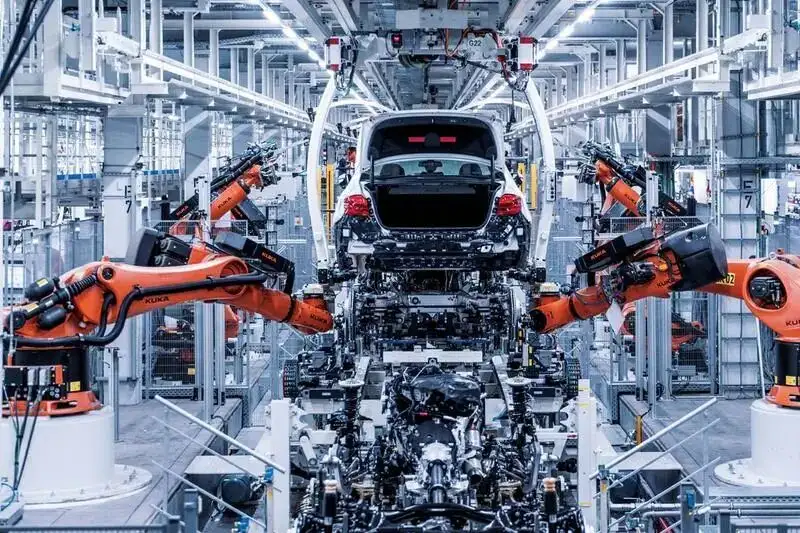Recently, during the 2025 International Motor Show Germany (IAA Mobility) in Munich, the 2025 World New Energy Vehicle Congress (IAA Mobility Special Session) was held under the theme "A New Phase of China-Germany Cooperation Amid Industrial Transformation." The conference was jointly organized by the China Society of Automotive Engineers, the German Association of the Automotive Industry (VDA), and the World New Energy Vehicle Development Organization, attracting over a hundred representatives from the automotive industries of both countries. Participants widely agreed that China and Germany should work together to seize the opportunities presented by the transformation of the automotive industry, strengthen technological innovation and market collaboration, and jointly contribute to the high-quality development of the global new energy vehicle industry.
Hildegard Müller, President of the German Association of the Automotive Industry, stated that the German automotive industry's global presence, built over a century of experience, complements the innovative dynamism of China's automotive sector. "The cooperation between the two sides in areas such as electrification, autonomous driving, and artificial intelligence sets a benchmark for the sustainable development of the global automotive industry. Its demonstration effect will accelerate green transformation and industrial upgrading in the global transportation sector," she noted.
Zhai Qian, Minister-Counselor for Economic and Commercial Affairs of the Chinese Embassy in Germany, emphasized that the automotive industry chains of China and Germany are deeply intertwined and mutually beneficial. Last year, the two countries established a dialogue and cooperation mechanism on climate change and green transformation for the first time, deepening collaboration in areas such as connected and autonomous driving and cross-border data flow. He stated, "The convergence of 'China's innovative vitality' and 'Germany's engineering excellence' will create a powerful synergy to break through technological barriers, optimize the global supply chain, and lead the green transformation."
Oliver Blume, Chairman of the Board of Management of Volkswagen Group, highlighted, "Brands under the Volkswagen Group already serve around 50 million customers in China. The Chinese market will remain at the core of our strategy in the future." He added, "China is an indispensable part of the global automotive landscape. Collaborating with local partners in China is the key to Volkswagen's success here."
"China is not only the world's largest automotive market but has also evolved into one of the most dynamic and innovative ecosystems," stated Ola Källenius, Chairman of the European Automobile Manufacturers' Association (ACEA) and Chairman of the Board of Management of Mercedes-Benz Group AG. He emphasized that since the group began local production and R&D in China in 2005, Mercedes-Benz has achieved remarkable success in the Chinese market. "Today, intelligence, electrification, connectivity, and sustainability are reshaping the entire industry. Mercedes-Benz will continue to deepen its presence in China, increase investments, uphold international cooperation, and work hand in hand with Chinese partners to drive the industry forward."
Oliver Zipse, Chairman of the Board of Management of BMW AG, noted that BMW has long been committed to strengthening German-Chinese collaboration, establishing an extensive production and R&D network in China, and partnering with stakeholders across the supply chain to advance technological progress. "What makes China unique is not only its massive market scale but also its strong technological leadership and rapid innovation capabilities. 'China speed' has become a globally recognized concept, and we are proud to be an integral part of this success story."
Hou Fushen, Vice Chairman and Secretary-General of the China Society of Automotive Engineers, remarked that Sino-German automotive industry cooperation has become a model of global collaboration and mutual success in the automotive sector. He highlighted that cutting-edge technologies, such as artificial intelligence and clean energy, are rapidly reshaping the global automotive industry, with deep integration of low-carbonization, electrification, and intelligence emerging as the primary direction of development.
Declaration: This article comes from People's Daily.If copyright issues are involved, please contact us to delete.
